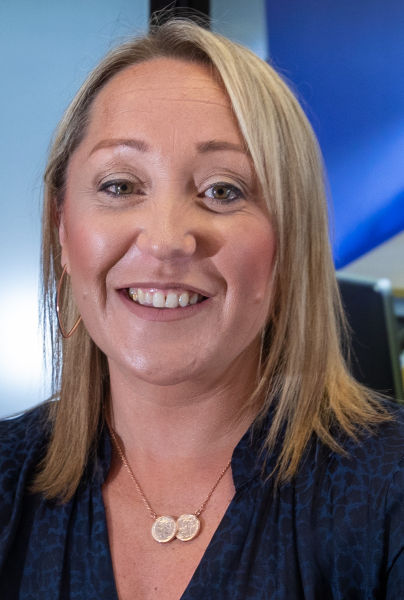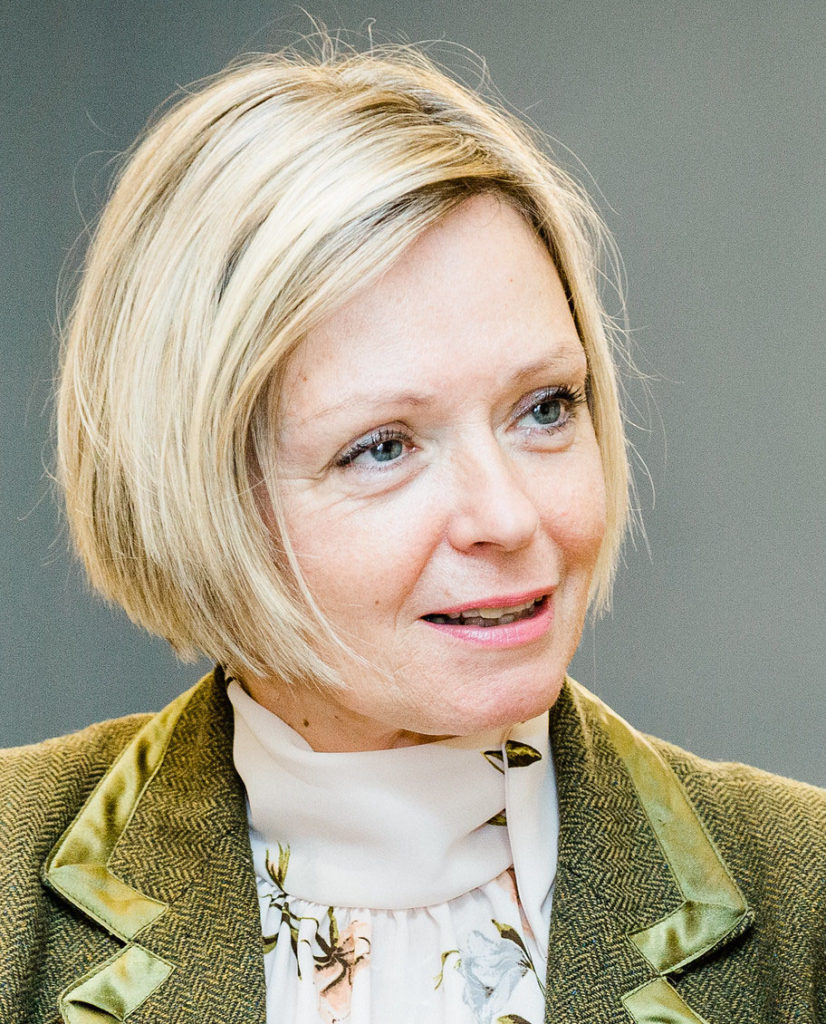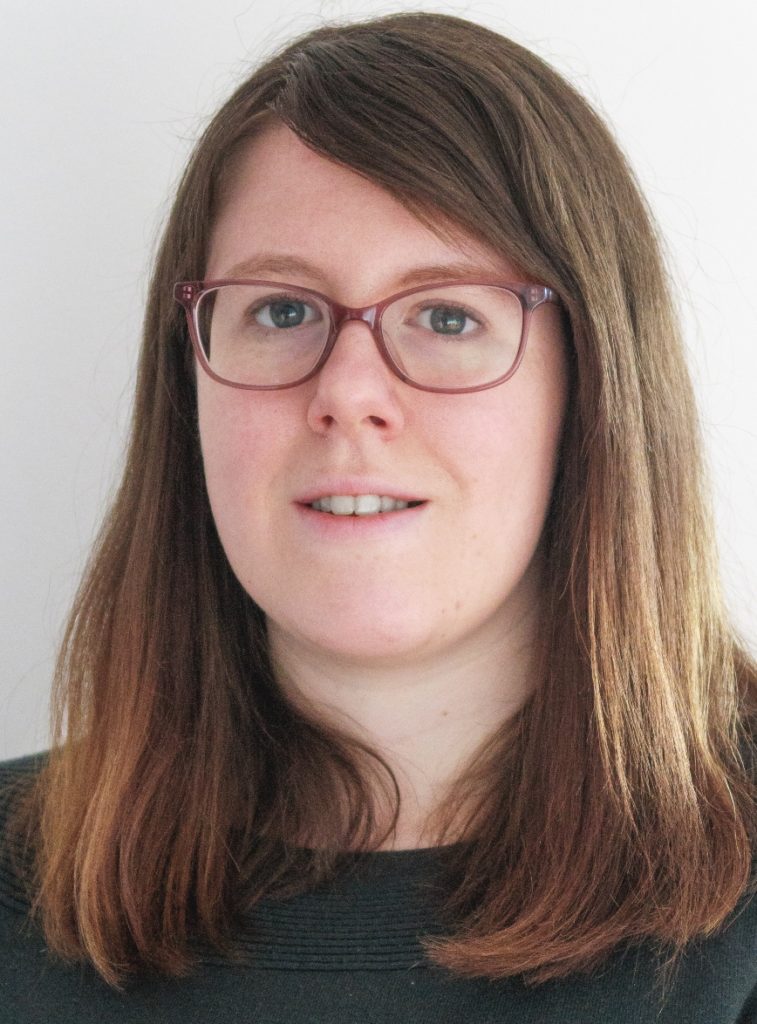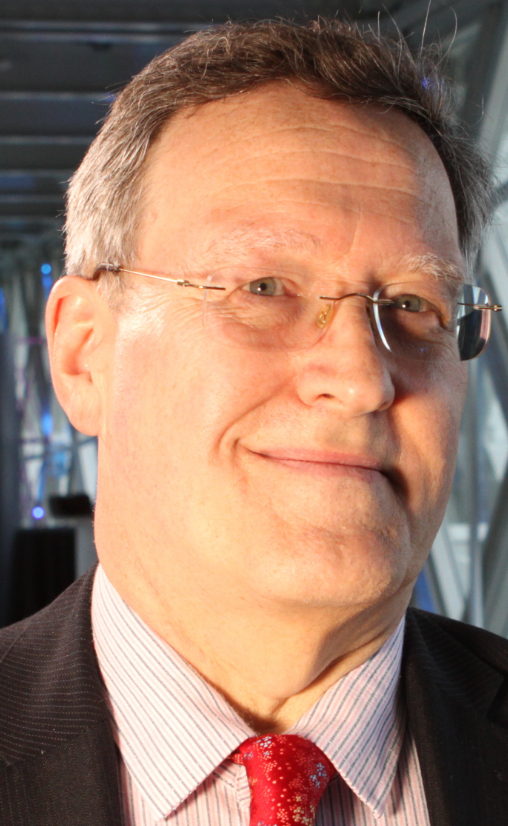Comprising some 3.8% of the global economy, with revenues of some $3.3tr in 2019, the oil and gas drilling industry affects the life of every person on the planet. Yet, until recently, there was no objective measure of the knowledge, skills and competency levels of the operational geoscientists who play a key role in the industry’s activities.
Now there is, thanks to collaboration between eCom Scotland – the digital learning and assessment specialist with offices in Dunfermline, Scotland, and Athens, Georgia, in the USA – and Operations Geoscience International Competency Assessment (OGICA). The result of this collaboration is an online assessment tool – powered by eCom’s online assessment system, eNetAssess – which, among other things, allows individuals to benchmark their skills.

Wendy Edie, eCom’s Managing Director, commented, “Given the international nature of the oil and gas sector and the 24-hour nature of its work, OGICA needed a digital solution that candidates could access at any time, from any location. The tool eCom developed is helping to demonstrably increase the standard of professionalism in these roles. OGICA supplied the industry-focused expertise in developing the tool’s content and this is backed by eCom’s many years’ experience in developing eAssessment systems.
“Using the tool, operational geoscientists can assess themselves against the skills framework – via a randomised series of multiple-choice questions,” she continued. “As well as enabling users to progress to competency management systems relevant to their organisation, the tool also identifies any industry-related knowledge and skills gaps they have – to help with their continuing professional development (CPD) and on-going lifelong learning”.
In addition to OGICA engaging with several major international operators who are currently exploring how the framework can support their activities, one major oil and gas company is now using the framework, in-house, in the Middle East.
“The United States, Russia and Saudi Arabia – the three largest global producers of oil – produced some 33m barrels of oil per day in 2019, which is some 54% of total world production,” Wendy explained. “We’re confident of developing the market for this tool, particularly among the world’s top oil and gas producers because it provides an objective assessment of these key professionals’ knowledge and skills”.

Taking a strategic view of the oil and gas sector, eCom’s External Relations Director, Helen Robertson, observed, “Being such a safety-conscious, highly-regulated industry, organisations in the gas industry are missing out if they don’t take advantage of the benefits of innovative learning and assessment technologies – including virtual reality (VR) – to develop their workforce’s knowledge, skills and competence faster, more effectively and more cost-efficiently. Moreover, those who suffer most from this overly-traditional approach to corporate learning, development and assessment are the industry’s customers – the public.
“For example, as eCom knows from first-hand experience, many industries which also place great emphasis on safety are using VR – including eCom’s Cloud-based VR authoring tool, eNetReality – to develop their workforce’s competency in a safe learning environment. This includes using online learning materials and objective assessments which can be delivered on any device – from immersive headsets to mobile devices and desktop computer.”

Helen Robertson’s eCom colleague, the Learning Technologies Specialist, Emma Dickson said, “The use of online videoconferencing tools is playing a big role in the ‘new normal’ for remote observational assessments – often because organisations now see both time and cost saving efficiencies with the removal of travel from the assessment process. The pervasive use of mobile devices has allowed online observational assessment to become a reality and organisations are inventing new ways to use this delivery model. Our experience is where assessors, typically, use a mobile device to interact with the candidates.
“Organisations then get an immediate view of all assessment taking place and can see how each assessment group is performing. They can set up global marking schemes, independent of assessors, that provide scores on selected criteria to produce standardised, fairer results across defined target groups.”
In Helen Robertson’s view, “Investing in digital technologies creates efficiencies necessary for long-term, sustainable growth in a new energy world. Relying on technology to keep accurate training records helps with compliance and contributes to an increase in employee safety. Moreover, it reduces costs and ‘lost time’, improves time-to-market, maintains workers’ credentials and increases safety – for workers and their customers.”
By Bob Little

Re-imaginer
Bob Little is a UK-based writer, commentator and publicist, specialising in the corporate learning industry. Introduced to the corporate online learning technologies industry in May 1990, Bob now works globally, advising and helping promote organisations including the digital learning and assessment specialist, eCom Scotland, which creates solutions aimed at increasing learning engagement and driving productivity to help organisations achieve their goals.
